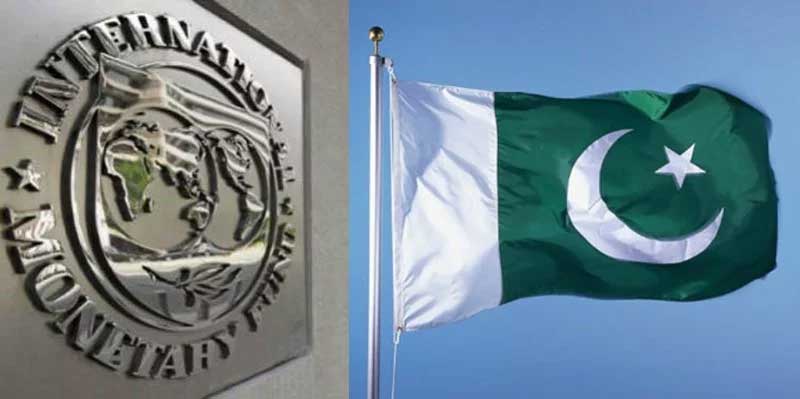WASHINGTON – The International Monetary Fund (IMF) and Pakistan have reached a staff-level agreement on the first review under Extended Fund Facility (EFF) to unlock $1 billion loan tranche and on a new arrangement for $1.3 billion under the Resilience and Sustainability Facility (RSF).
The agreements for the $2.3 billion loans were announced after IMF team led by Nathan Porter held discussions during a February 24-March 14, 2025 mission to Karachi and Islamabad, and virtually thereafter, for the first review of Pakistan’s economic program and new arrangement.
“The IMF team has reached a staff-level agreement (SLA) with the Pakistani authorities on the first review of the 37-month Extended Arrangement under the Extended Fund Facility (EFF), and on a new 28-month arrangement under the IMF’s RSF with total access over the 28 months of around $1.3 billion (SDR 1 billion). The staff-level agreement is subject to approval of the IMF’s Executive Board. Upon approval, Pakistan will have access to about US$1.0 billion (SDR 760 million) under the EFF, bringing total disbursements under the program to about US$2.0 billion,” read official statement released by the global lender.
It acknowledged that Pakistan has made significant progress in restoring macroeconomic stability and rebuilding confidence over the past 18 months despite a challenging global environment.
While economic growth remains moderate, inflation has declined to its lowest level since 2015, financial conditions have improved, sovereign spreads have narrowed significantly, and external balances are stronger.
While economic activity is expected to steadily improve, downside risks also remain elevated. Potential macroeconomic policy slippages—driven by pressures to ease policies—along with geopolitical shocks to commodity prices, tightening global financial conditions, or rising protectionism could undermine the hard-won macroeconomic stability. Additionally, climate-related risks continue to pose a significant challenge for Pakistan, creating a need to build resilience including through adaptation measures.
“In this regard, it is critical to stay the course and entrench the progress achieved over the past one and a half years, building resilience by further strengthening public finances, ensuring price stability, rebuilding external buffers and eliminating distortions in support of stronger, inclusive and sustained private sector-led growth.” IMF said.
THe Pakistani authorities reiterated their commitment to the EFF-supported program and plan to supplement their efforts by advancing reforms under the RSF-supported program aiming to address long standing economic vulnerabilities to climate shocks and build resilience.










